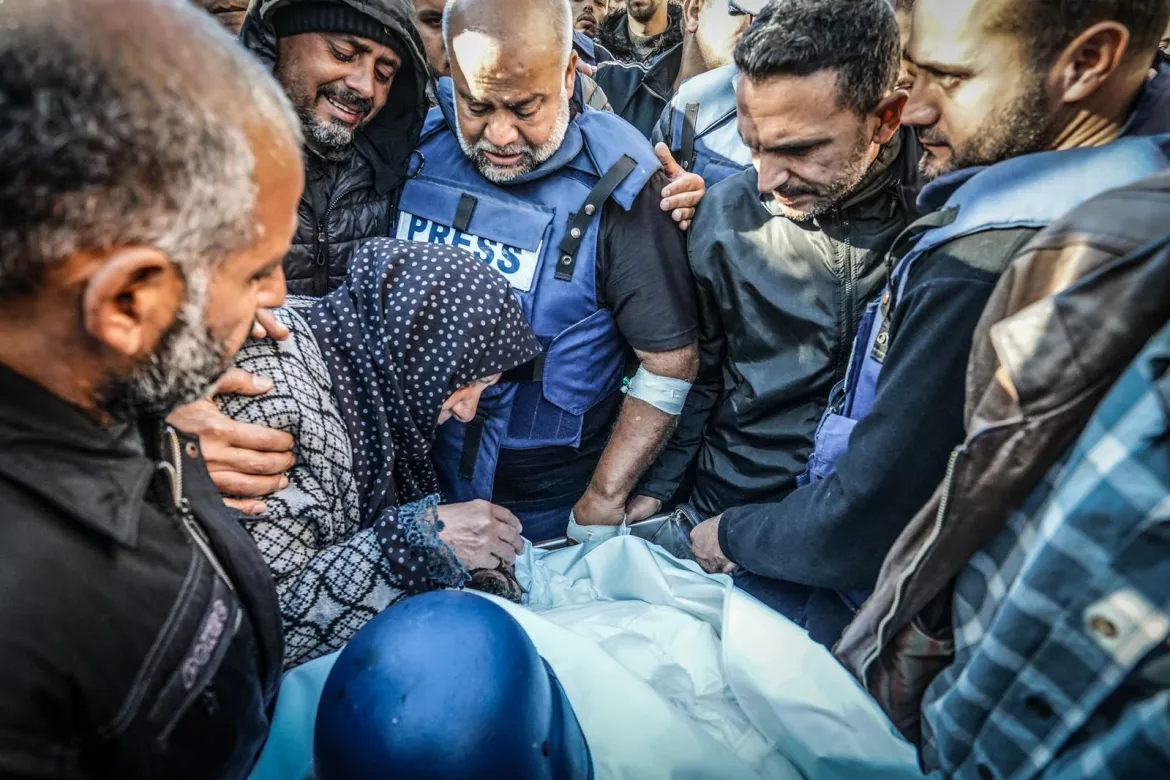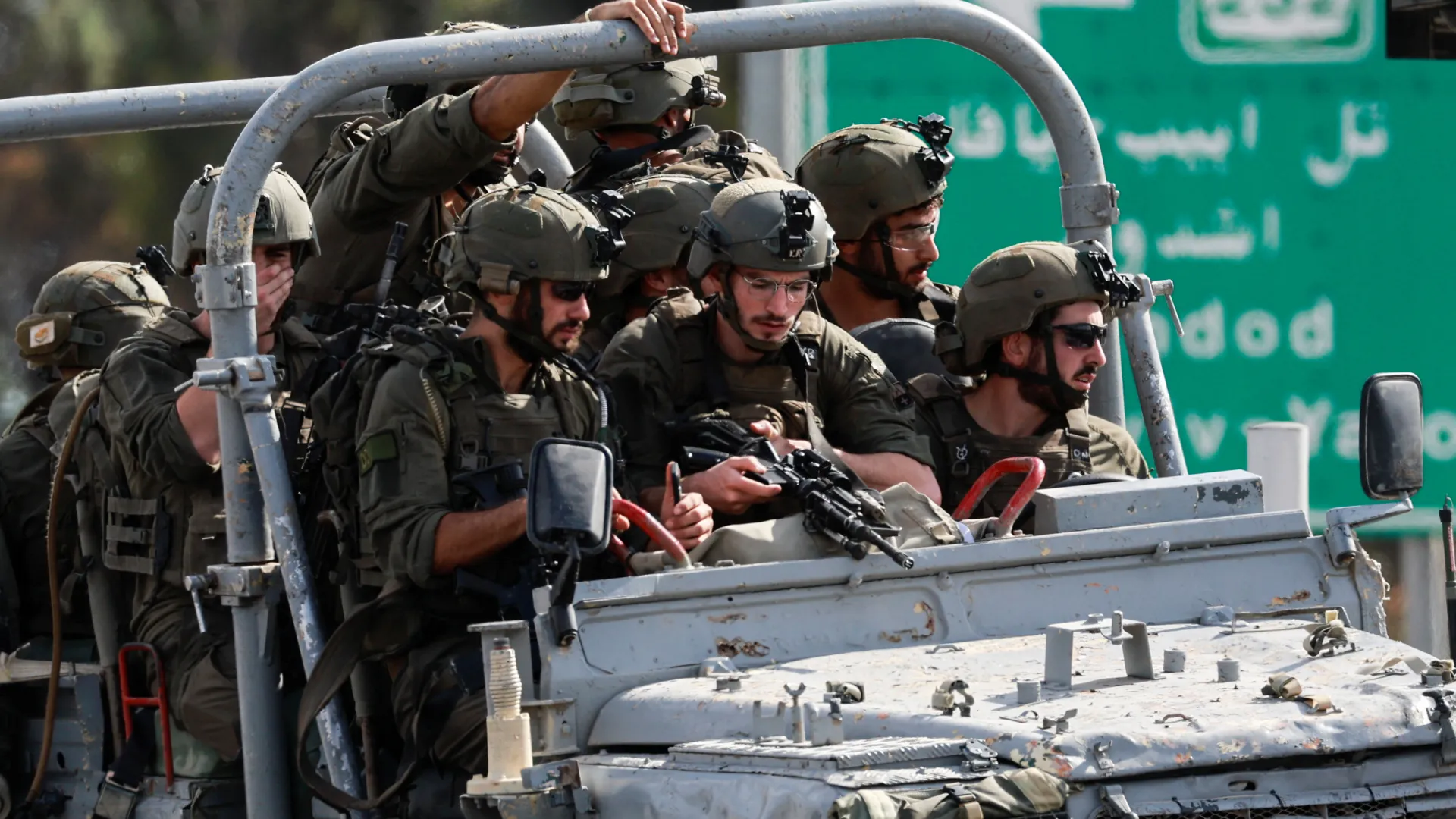A recent airstrike in Gaza has resulted in the deaths of prominent Al Jazeera journalist Anas al-Sharif and four of his colleagues. This incident has sparked widespread condemnation from various media organizations and human rights groups. Al Jazeera has described the attack as a “blatant assault on press freedom.”
Details of the Incident
The Israeli Defense Forces (IDF) have claimed that Anas al-Sharif had ties to Hamas, justifying the targeted attack. However, Al Jazeera and other media outlets have strongly rejected this assertion. They argue that journalists should not be targeted for their reporting or affiliations.
Witnesses reported that the airstrike occurred in a densely populated area of Gaza. The attack not only claimed the lives of journalists but also injured several civilians. Eyewitness accounts describe a scene of chaos and destruction. Many residents expressed their horror at the violence, emphasizing the dangers faced by those covering the conflict.
The international community has reacted with outrage over the incident. Press freedom advocates have called for accountability, demanding an investigation into the attack. They argue that targeting journalists undermines democracy and the right to information.
In a statement, Al Jazeera condemned the airstrike and called for the protection of journalists working in conflict zones. The broadcaster emphasized that media professionals must be allowed to operate without fear of violence. This incident marks a significant escalation in the ongoing conflict between Israel and Hamas.
Implications for Press Freedom
The killing of Anas al-Sharif and his colleagues raises serious questions about press freedom in conflict areas. Journalists play a crucial role in providing information and reporting on human rights abuses. Attacks on media personnel threaten the ability to report accurately and can lead to a culture of fear.
The IDF’s justification for the attack highlights the complex nature of reporting in conflict zones. While security concerns are paramount, the targeting of journalists can lead to chilling effects. Media organizations may become hesitant to cover certain stories, fearing for the safety of their personnel.
International laws protect journalists during armed conflicts. Attacks on media workers can be classified as war crimes. The United Nations and various human rights organizations have reiterated the need to uphold these protections.
As the situation in Gaza continues to evolve, the implications for journalism are profound. The killing of Anas al-Sharif represents a significant loss for the media community. It also underscores the challenges faced by journalists in hostile environments.
In conclusion, the airstrike that killed Al Jazeera journalist Anas al-Sharif and four colleagues is a tragic reminder of the dangers faced by media personnel. The incident has prompted outrage and calls for accountability from various stakeholders. As the debate over press freedom intensifies, the need for protection and respect for journalists remains critical. The international community must ensure that those who report on conflicts can do so safely and without fear of retribution.




